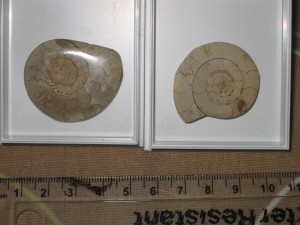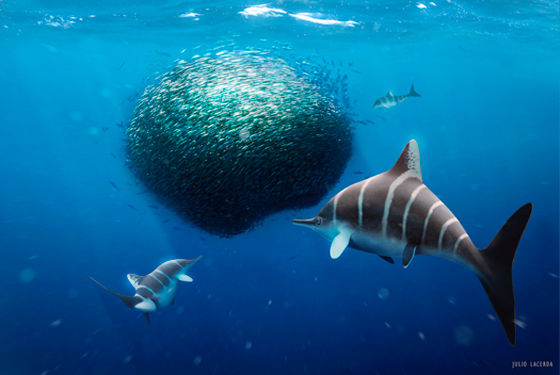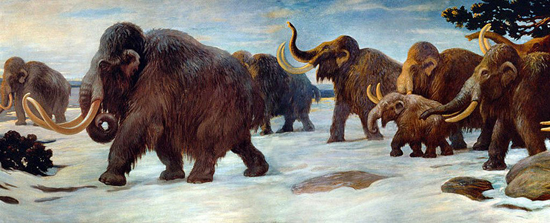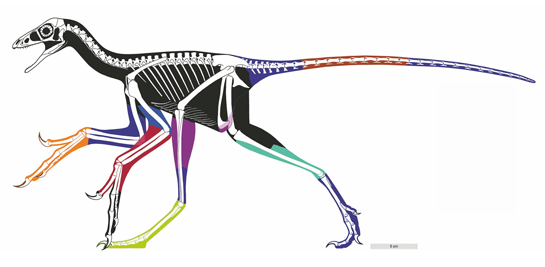Philpot Museum to Run More “Rock Cutting” Workshops
The Philpot Museum based in the historic seaside town of Lyme Regis is going to be running a series of workshops over the summer showcasing the skills of lapidary and fossil preparation. Under the supervision of the museum’s dedicated staff and some of the professional fossil collectors at Lyme Regis, visitors will be able to test their own skills at preparing Jurassic aged fossils by having a go at polishing ammonites.
2012 Workshop Dates at the Museum
Table credit: Everything Dinosaur
Lyme Regis
Building on the success of last year’s event the museum staff are expecting another high turnout with enthusiastic visitors observing how ammonites are carefully cut into sections using diamond bladed saws.
For a small fee, you can have a go at polishing your very own piece of the Jurassic coast.
Ammonites are cephalopods (related to modern squid and cuttlefish). They originated in the Devonian and survived right up to the end of the Mesozoic. Most ammonites have planispiral shells consisting of a series of living chambers that increase in size outwards from the centre of the spiral. They are a particularly diverse group and by cutting a fossil specimen, an internal mould for example, in cross section and then polishing it a lot of the internal structure can be clearly seen.
Elements of the structure, reviewed by these processes, the suture lines for example, help palaeontologists to recognise individual ammonite species.
Polished Ammonites Showing Internal Structure
Picture credit: Everything Dinosaur
Commenting on the museum’s plans, Brandon Lennon, a local fossil expert who takes Lyme Regis visitors on guided fossil walks along the Jurassic coast stated:
“Last year, hundreds of people attended the sessions, which lasted until 4.30pm each day, working on wonderful local specimens and gaining a real insight into the work of fossil preparation.”
This year, Brandon will once again be involved with the workshops. He will be joined by Chris Andrews, a marine biologist and geologist who has been one of the main driving forces behind these events, helping to organise the museum’s outreach activities.
For Brandon, the spring tides and longer daylight hours will give him the chance to find more fossils along the beaches that surround Lyme Regis. Experienced fossil hunter Brandon, conducts organised fossil walks along the Jurassic coast, giving visitors to the town an insight into the geological importance of this part of the Jurassic coast.
To learn more about Brandon’s fossil walks: Lyme Regis Fossil Walks with Brandon Lennon.
There will also be an opportunity to meet up with Brandon and Chris at this year’s Lyme Regis Fossil Festival (4th to the 6th of May), the pair intend to showcase some ammonite polishing skills over the festival weekend.








Leave A Comment